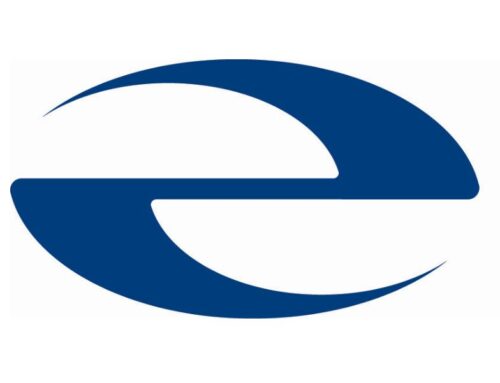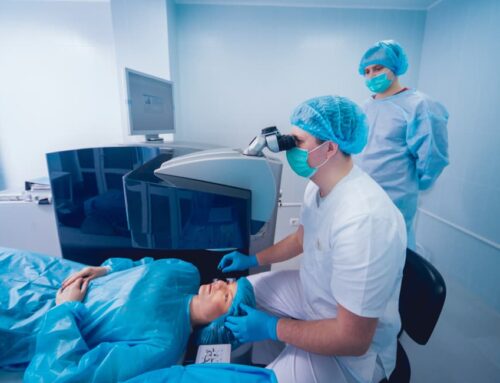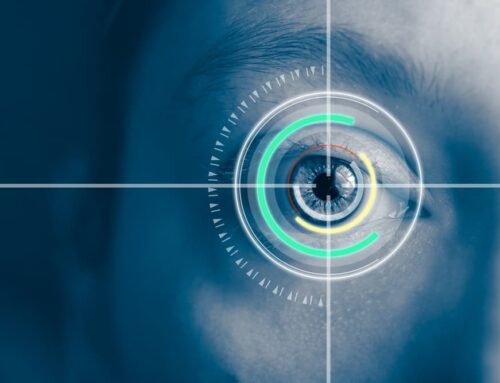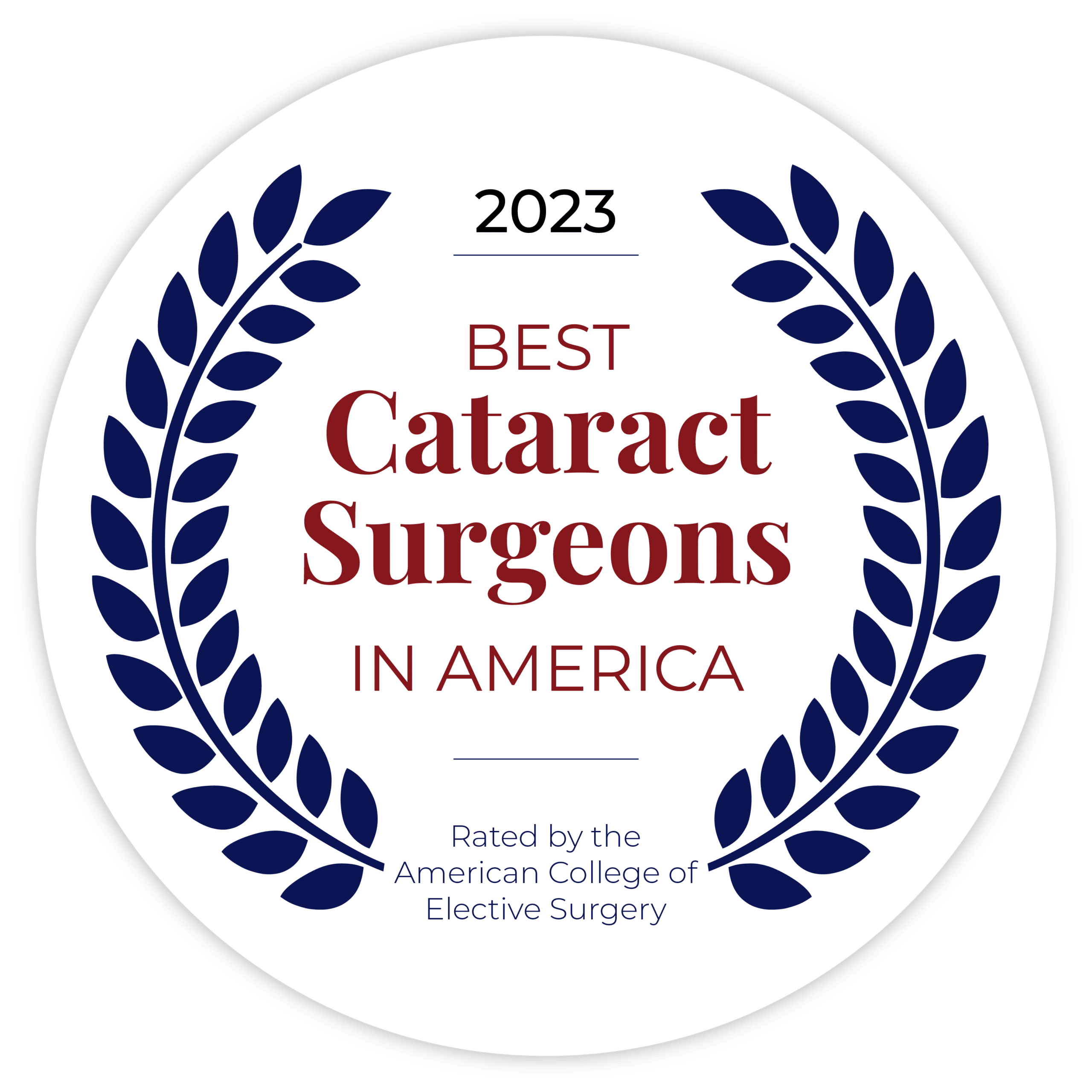Using glasses may not be the most suitable option. While glasses can provide clear vision for many daily activities, they can be less practical for high-performance sports and other physical activities.
On the other hand, using contacts requires extreme care and hygiene habits; otherwise, this can result in serious infections and other severe eye complications.
If you want to improve your vision without the hassle of traditional corrective methods, Refractive Lens Exchange (RLE) might be the safe solution you’ve been searching for.
This article will explore the ins and outs of refractive lens exchange, its benefits, the procedure, recovery and aftercare, potential risks and complications, and the average cost. So, whether you’re a LASIK patient looking for alternatives or someone interested in preserving and enhancing your vision, this guide will provide valuable insights.
Benefits of RLE
Refractive lens exchange offers a range of benefits for individuals seeking permanent vision correction. Unlike LASIK, which reshapes the cornea, RLE involves replacing the eye’s natural lens with an artificial lens.
This procedure is particularly advantageous for individuals with high prescriptions or those over 45 experiencing age-related vision changes.
The benefits of RLE include:
- Reduced dependence on glasses or contacts: RLE can significantly decrease or eliminate the need for corrective eyewear, allowing you to enjoy clear vision throughout the day.
- Improved visual acuity: By replacing the natural lens, RLE can correct refractive errors such as nearsightedness, farsightedness, and astigmatism, resulting in clearer and sharper vision.
- Addressing age-related vision changes: RLE can address presbyopia, which affects near vision as we age, enabling you to see clearly at various distances without needing reading glasses.

Know the Procedure
Understanding the RLE procedure is essential for making an informed decision about your vision correction options.
During RLE, an ophthalmologist will make a small incision in the eye and use advanced techniques to remove the natural lens. The artificial intraocular lens (IOL) will be carefully inserted to replace the removed lens. Here’s what you can expect during the procedure:
1. Pre-operative Evaluation
Your eye doctor will conduct a comprehensive eye exam to assess your eligibility for RLE and determine the most suitable IOL for your needs.
2. Customized Treatment Plan
The ophthalmologist will discuss the procedure, explain the different types of IOLs available, and help you choose the one that best matches your visual goals and lifestyle.
3. The Surgical Process
RLE is typically an outpatient procedure performed under local anesthesia. You can expect a quick and comfortable experience, with most surgeries lasting around 15 minutes per eye.
4. Recovery and Follow-up Care
After the procedure, you’ll be provided with detailed aftercare instructions. Your eye doctor will schedule follow-up visits to monitor your progress and ensure optimal healing.

Recovery and Aftercare
Proper recovery and aftercare are crucial for achieving the best outcomes following RLE surgery. While individual experiences may vary, here are some general guidelines:
- Initial recovery period: You may experience mild discomfort, dryness, or sensitivity to light in the first few days following RLE. It’s important to rest and avoid strenuous activities during this time.
- Eye drops and medications: Your ophthalmologist will prescribe eye drops and medications to prevent infection and promote healing. Follow the recommended dosage and usage instructions diligently.
- Protecting your eyes: Avoid rubbing, swimming, or exposing your eyes to irritants such as dust or wind. Wearing protective eyewear, especially during activities that pose a risk to the eyes, is highly recommended.
- Follow-up visits: Attend all scheduled follow-up appointments with your eye doctor. These visits allow your doctor to monitor your progress, address concerns, and ensure your eyes heal properly.
Risks and Complications
Like any surgical procedure, RLE carries certain risks and potential complications. However, with the advancements in technology and the expertise of our eye doctors, the likelihood of experiencing severe complications is rare. It’s important to be aware of the following:
Infection and Inflammation
Although rare, there is a slight risk of developing an infection or experiencing inflammation after RLE. Your doctor will prescribe preventive measures and monitor your progress closely.
Glare and Halos
Some patients may temporarily experience glare, halos, or difficulty with night vision following RLE. These symptoms typically subside as the eyes adjust and heal.
Under Correction or Overcorrection
Sometimes, the desired visual outcome may not be fully achieved, requiring additional corrective procedures. Your eye doctor will discuss the potential for these scenarios during the pre-operative evaluation.
Average Cost
The cost of refractive lens exchange can vary depending on various factors, including location, the complexity of your prescription, the type of IOL used, and any additional procedures required.
Our refractive surgery coordinator will gladly discuss pricing and payment options with you. Charges include your initial consultation, surgery, the laser facility fee, and a one-year follow-up with your surgeon. Individual insurance plans and their coverage change quickly, so please contact us for insurance authorization.
Protect and Preserve Your Vision
At Eye Care Professionals, we understand the importance of your vision and strive to provide the highest quality care. Our experienced ophthalmologists in Reno, Nevada, specialize in LASIK eye surgery and offer refractive lens exchange as an alternative option for vision correction. Our state-of-the-art technology allows for personalized treatments tailored to your specific needs.
With thousands of success stories from satisfied patients, we are confident that our laser eye surgery services deliver exceptional results. Don’t let vision problems hold you back from living your best life. Take the first step toward clear vision by requesting an appointment with our expert eye doctors at Eye Care Professionals.
Call (775) 322-1000 or visit our website to schedule your consultation today.











